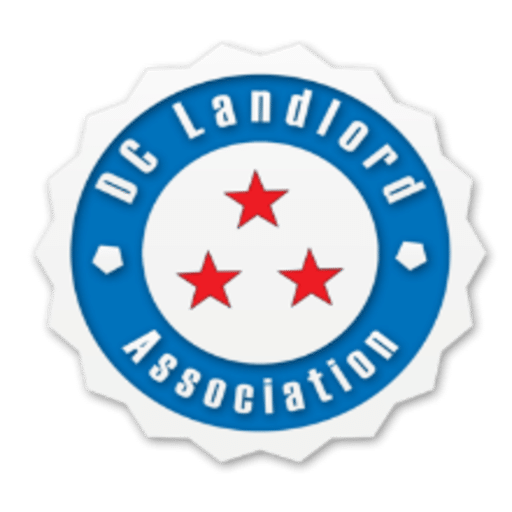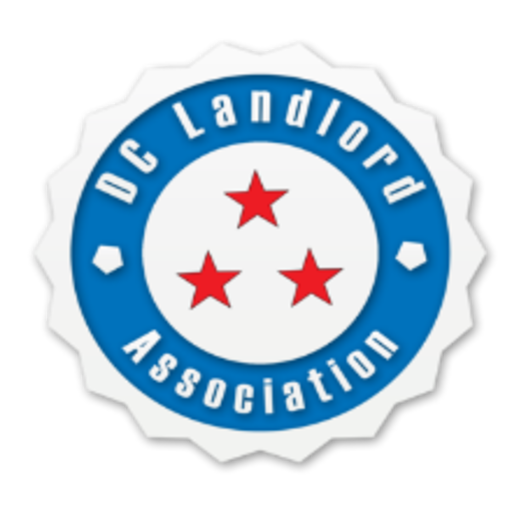Unlimited Liability
The Hidden Risk Every Landlord Must Address
Being a landlord can be rewarding, but it also comes with serious financial risks—especially if your personal assets are unprotected. One of the biggest mistakes landlords make is assuming their personal wealth is safe just because they have insurance. But if you own rental property in your name and something goes wrong, you may be facing what's known as unlimited liability—and that could cost you everything.
What Is Unlimited Liability?
Unlimited liability means there’s no legal separation between your personal finances and your rental business. If someone sues you—whether it’s a tenant, contractor, or guest—your home, savings, car, and other personal assets could be at risk to satisfy a judgment. Even if you're careful and have landlord insurance, insurance has limits—and not all claims are covered.
Real-World Risk Scenarios
Slip and Fall Injury: A tenant’s guest falls down the stairs due to a loose handrail. The medical bills and lawsuit exceed your insurance coverage.
Property Damage Disputes: A tenant accuses you of neglect leading to property damage or pest infestations and wins a judgment.
Fair Housing or Discrimination Claims: Even an unintentional misstep in advertising or tenant screening can lead to a costly legal battle.
Housing Code Violations: A neighbor or city inspector reports violations, opening the door to penalties and potential tenant lawsuits.
These aren't rare cases—they happen every day to landlords who thought they were covered.
Why You Need Asset Protection
The purpose of asset protection is to separate your personal life from your rental business. This legal and financial firewall keeps your personal wealth out of reach if a lawsuit or judgment hits.
Key Asset Protection Strategies for Landlords
Form an LLC or Corporation
Holding property in a Limited Liability Company (LLC) shields your personal assets from business liabilities.
Each property can be held in a separate LLC to compartmentalize risk.
Use Strong Lease Agreements
Clearly written leases can prevent misunderstandings and reduce legal exposure.
Include indemnity clauses, maintenance responsibilities, and proper disclosures.
Maintain Adequate Insurance
Landlord insurance is essential, but make sure it includes liability, loss of rental income, and umbrella coverage for extra protection.
Keep Business and Personal Finances Separate
Use a dedicated business bank account.
Don’t pay personal bills from your rental income account.
Regularly Inspect and Maintain Your Property
Preventing issues is cheaper—and safer—than fighting claims later.
Document everything to show due diligence.
Consult with Legal and Tax Professionals
Asset protection must be tailored to your specific situation.
Professionals can help you structure your ownership and tax strategy correctly.
DC Landlord Association Members Have Options
Members of the DC Landlord Association have access to:
Legal consultations for entity formation
Discounted LLC setup services
Lease reviews and templates
Landlord-focused legal protection plans
Free educational resources on asset protection
You don’t have to figure this out on your own—and you shouldn’t.
Don’t Wait Until It’s Too Late
Unlimited liability is a silent threat that becomes real only when it’s too late to fix. If you're still holding rental property in your personal name, or haven’t thought through your legal protections, now is the time to act.
Protect what you've built. Safeguard your future.
Start your asset protection plan today.
To learn more or to schedule a consultation, fill out the form below.

